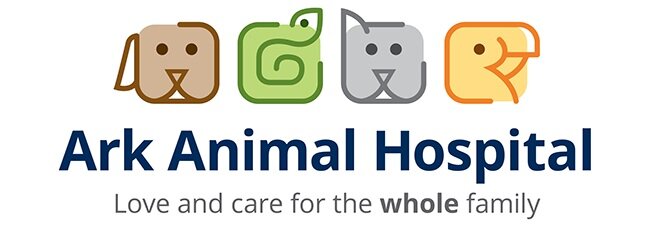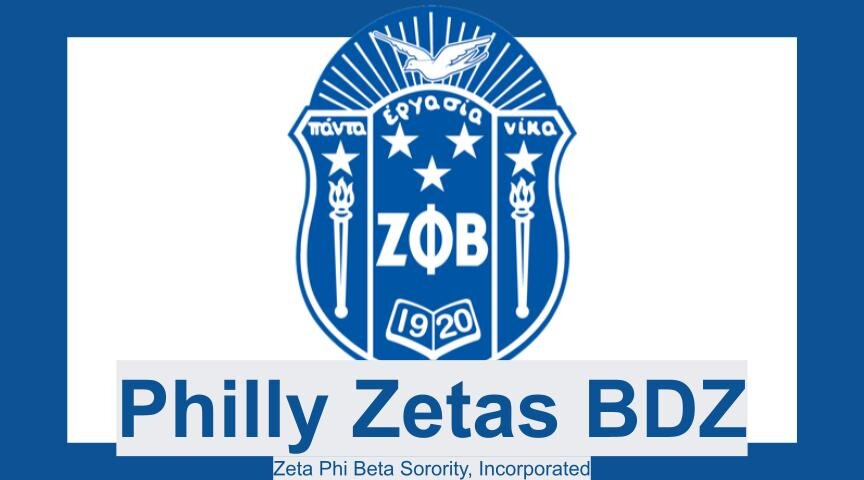Baby raccoons, skunks, foxes and groundhogs are rabies vector species. If you find one alone, you should not touch it until you call us (267) 416-9453. We can usually help these animals, but transportation instructions are involved and complex. We’ll be happy to talk you through it.
Baby Eastern Cottontail Rabbits
Unless there is a clearly visible injury, if you find a nest of bunnies, leave them alone. Mom WILL be back.
After she gives birth, the mother covers the babies in dried grass and lots of her own grey brown fur. The “nest” looks like a simple, shallow depression on the ground. She quietly returns at dawn and dusk to nurse. She leaves them alone most of the time because, like mother deer, the mother rabbit’s size and odor attract predators.
After 3-5 weeks, the baby rabbits leave the nest and start to explore. When they are about the size of an adult fist, or 2/3 the length of a dollar bill, they are old enough to be independent of their mother.
DO NOT FEED BABY BUNNIES. They require a highly specialized diet, giving them anything else will harm them. Feeding bunnies is complex; food can easily enter their lungs, killing them.
Red-Eared Sliders
Philadelphia Metro Wildlife Center does not accept Red-Eared Sliders.
Please consult Forgotten Friend, one of the best reptile resources around: https://forgottenfriend.org/sliders/
Peacocks
Peacocks are not wildlife but pets. So, if you find one, the owner likely lost or inappropriately relinquished it. Free resources for aid with peacocks are few. However, you may be able to find help through your local SPCA or animal control.
Adult Deer
It is unsafe to transport deer. If you find injured deer, please call the Pennsylvania Game Commission at (610) 926-3136.











